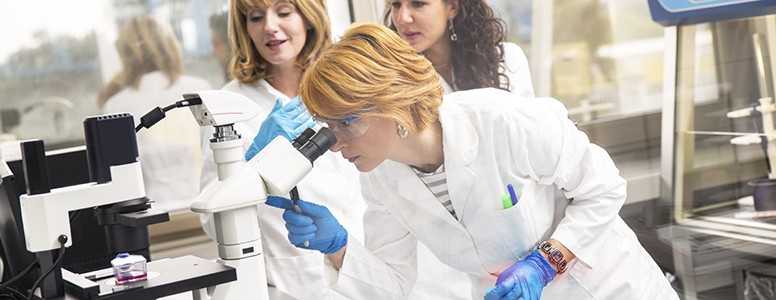A four-drug therapy induced remission of type 1 diabetes in mice following a study by the University of Florida.
The research team studied non-obese diabetic (NOD) mouse models of type 1 diabetes, and the four-drug combination was given to 24 mice.
The four drugs were anti-thymocyte globulin (ATG), granulocyte-colony stimulating factor (G-CSF), a dipeptidyl peptidase IV inhibitor (DPP-4i), and a proton pump inhibitor (PPI).
This drug therapy reversed type 1 diabetes in 83 per cent of new onset mice and 50 per cent of mice with established type 1.
According to Michael Haller, MD, Associate Professor of Pediatrics in the UF College of Medicine and a Pediatric Endocrinologist with the UF Diabetes Institute, it is the drugs’ effectiveness with established cases that has the most potential to help human patients with type 1.
Haller said: “There are not many things that can produce a 50 percent reversal rate in mice with established type 1 diabetes, so this is striking and has us all excited about its potential.”
All four drugs that were tested have been approved for other uses in humans by the US Food and Drug Administration (FDA), and Haller’s team believe a pilot trial on humans could be viable within the next few years.
“We think combination therapies are the way to move forward with trying to prevent and ultimately reverse type 1 diabetes. There’s a long way to go, but the results in our animal model give us hope that we’re moving in the right directio,” Haller added.
The findings were published in the journal Diabetes.
What's new on the forum? ⭐️
Get our free newsletters
Stay up to date with the latest news, research and breakthroughs.






